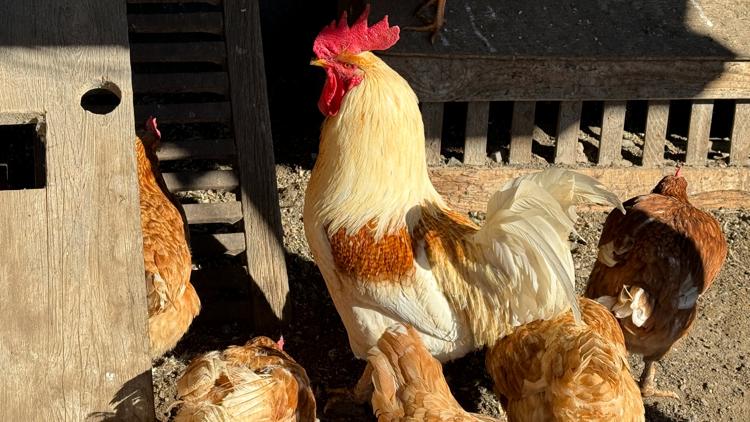WASHINGTON D.C., DC — The Centers for Disease Control and Prevention reported last week that public health officials are investigating multistate outbreaks of Salmonella linked to contact with backyard poultry.
In fact, the CDC said that any backyard poultry can carry Salmonella germs that can sicken people, as chickens and ducks that look healthy and clean can still carry the germs, which can easily spread to anything in the areas where the poultry live and roam.
Salmonella is a common bacterial disease that impacts the intestinal tract. Humans become infected most commonly after drinking or eating contaminated water or food. One can get sick from touching backyard poultry or anything in their environment and then touching their mouth or food, the CDC said.
Washing your hands with soap and water immediately after touching backyard poultry, their eggs or anything in the area where they reside is a critical step, according to the CDC. Using hand sanitizer is another recommended option.
To be safe around backyard flocks, don’t snuggle or kiss poultry, and don’t eat or drink around them, the CDC said. Keep backyard poultry and the supplies used to care for them outside of the home and clean the supplies inside the house.
The CDC said one should also supervise children around backyard poultry; don’t let them eat or drink around an animal. Also, don’t let children younger than five years old touch chicks, ducklings or other backyard poultry, as young children are more likely to get sick from germs such as Salmonella.
According to the CDC, eggs should be collected often, as eggs that sit in the nest can become dirty or break. Cracked eggs should be thrown away because germs can penetrate their shells. Rub off dirt on eggs with a brush, cloth or fine sandpaper; don’t wash eggs because colder water can pull germs into the egg, the CDC said.
Refrigerate eggs to keep them fresh and slow the growth of germs and cook eggs until both the yolk and white are firm and cook egg dishes to an internal temperature of 160°F to kill all germs.
RELATED: Yes, there is a cucumber recall
The CDC said one should call their healthcare provider immediately if they develop symptoms such as diarrhea and a fever higher than 102°F, diarrhea that lasts three days without improving, bloody diarrhea, so much vomiting you can’t keep liquids down or signs of hydration such as not peeing much, dry mouth and throat and feeling dizzy while standing up.
Epidemiologic data shows that cucumbers may be contaminated with Salmonella, making people sick, according to the CDC, which advises people not to eat any recalled cucumbers. Wash items and surfaces that may have touched the recalled cucumbers using hot, soapy water or a dishwasher.
----
Dalton Zbierski is a digital content producer and writer at FOX61 News. He can be reached at dzbierski@FOX61.com.
----
Do you have a story idea or something on your mind you want to share? We want to hear from you! Email us at newstips@fox61.com.
----
HERE ARE MORE WAYS TO GET FOX61 NEWS
Download the FOX61 News APP
iTunes: Click here to download
Google Play: Click here to download
Stream Live on ROKU: Add the channel from the ROKU store or by searching FOX61.
Steam Live on FIRE TV: Search ‘FOX61’ and click ‘Get’ to download.



